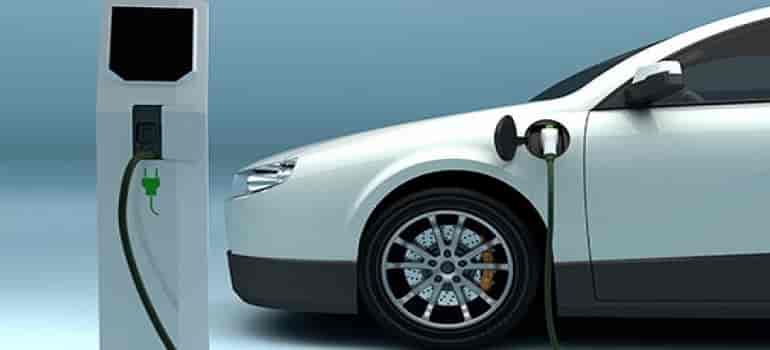
Government may soon allow individuals to set up EV charging stations without applying for licences. However, there will be a cap on the tariff they can charge from EV owners says a report.
According to ET, government has not set any qualification criteria for opening public charging stations but these will be monitored and has to meet specifications and performance standards set by the power ministry.
“Setting up public charging stations shall be de-licensed and any individual is free (to set them up) provided the stations meet standards of the power ministry. The person should apply for connectivity and the distribution company is bound to provide connectivity. Obtaining electricity from open access is also permissible,” a senior government official told ET.
The report citing the official further states that state electricity regulatory commissions (SERCs) will fix tariffs for electricity supply from distribution companies to the charging stations at a ceiling of 15% over the average cost of supply. The tariff charged by charging stations from electric vehicle owners will also be capped by the state government.
“Service charges of 30-40% over and above notified electricity tariff for electric vehicles charging appear to be a viable business proposition for public charging stations,” said Alekhya Datta, a fellow and area convener of electricity and fuels division at The Energy & Research Institute told the daily.
This comes at a time when corporates are showing an interest in setting up EV charging infrastructure in the country, including Mahindra & Mahindra. Tata Motors, Ola, Uber and several state-run companies.
The government is working on a fresh policy to boost EV adoption that will first look at creating favourable ecosystems in nine cities including Delhi, Pune, Mumbai, Bengaluru and Ahmedabad. According to the source, the government will start pilot projects in these cities through central public sector undertakings (CPSUs) like such as NTPC, Power Grid Corp and Indian Oil Corp, and wants to have public charging stations at every three kilometres. The government has also identified 11 busy highways to set up charging stations at every 25 km.
The government official speaking to the publication said the policy on electric vehicle charging infrastructure aims to enable faster adoption of EVs and affordable charging infrastructure to the vehicle owners.
“The pilot rollout by CPSUs with some subsidy under Faster Adoption Faster Adoption and Manufacturing of (Hybrid &) Electric Vehicles in (Fame India-II) scheme will help in boosting the demand for electric vehicles,” said the official adding that “the government by this also aims generating employment opportunities for small entrepreneurs.”

